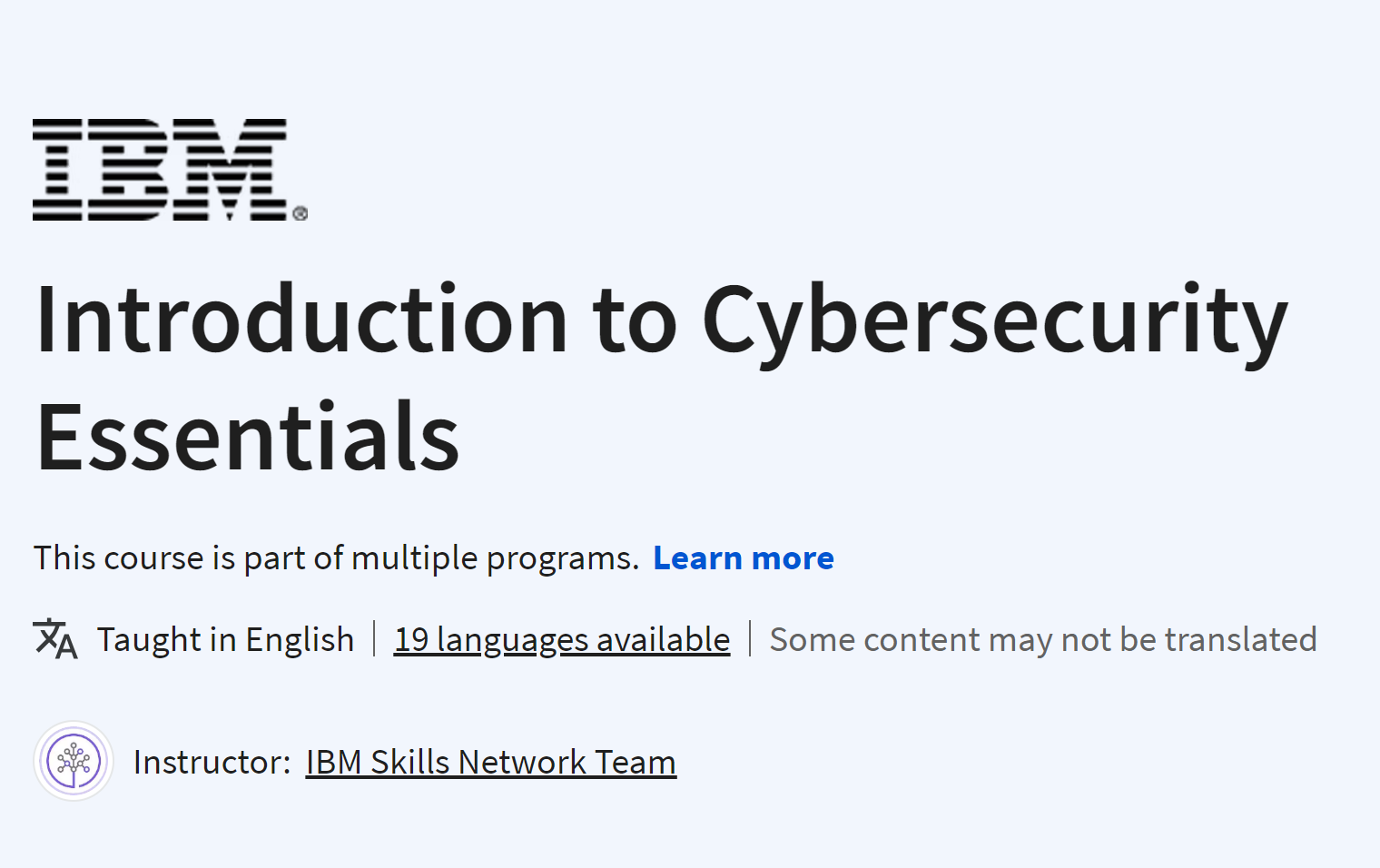What you'll learn
Describe what a data science methodology is and why data scientists need a methodology.
Apply the six stages in the Cross-Industry Process for Data Mining (CRISP-DM) methodology to analyze a case study.
Evaluate which analytic model is appropriate among predictive, descriptive, and classification models used to analyze a case study.
Determine appropriate data sources for your data science analysis methodology.























.png)



























